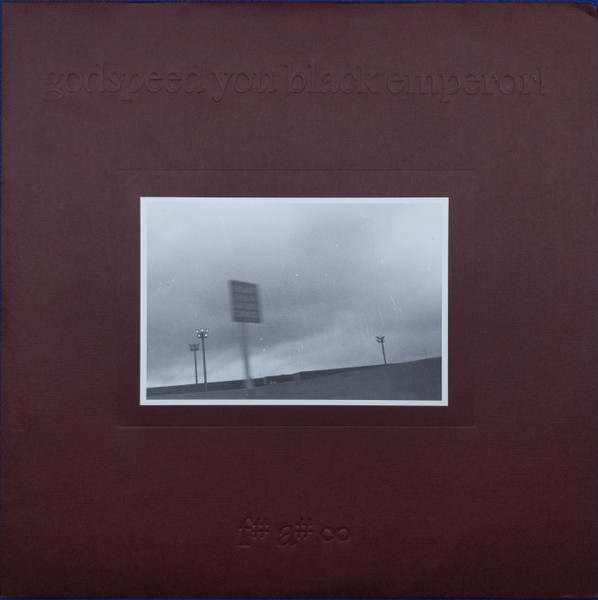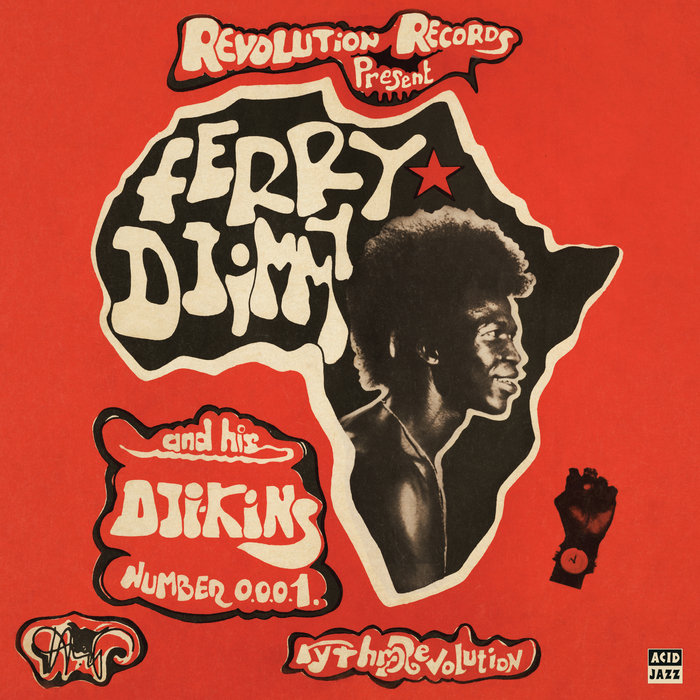
Time Traveler’s Suite - Inon Barnatan (2021)
I like to talk about music, but I don’t actually have a ton of technical knowledge about it. I have a kid who’s studying music at college, and he can talk circles around me when it comes to music theory. So I haven’t written about classical much because there’s a lot to talk about that I can’t speak to very eloquently.
AllMusic’s review of this record says
“[…]Barnatan finds pieces that are contrapuntally intricate. His program is masterfully constructed, laying out several Baroque structures and then pivoting to modern times […] exploring the ultimate ramifications of classical polyphony in music by Ligeti and Barber.”
If that means much to you, good for you. Now I know that counterpoint has to do with the standard western system of harmonies, in the most basic terms, how the chords change to match the melody. I just have a hard time matching those concepts to what I hear, because I lack training.
But you don’t need to have a lot of technical knowledge to appreciate some very fine renditions of this music. And you don’t have to know the intricate details to see that he’s mining the connective tissue between baroque era pieces and more modern ones. In fact, when I first encountered Ligeti, I thought it sounded like someone was randomly mashing keys on a piano. But in the context of the other pieces he plays here, the Ligeti pieces make a lot of sense, and you can hear how the composer understood the rules but broke them anyway, rather than just key-mashing, like intentionally spelling a word wrong for effect.
So I try not to come off as being anti-intellectual. But I do think that people feel afraid of classical music because it’s so “serious.” And there’s a tendency among classical’s advocates to make it sound even more grandiose and serious than it actually is. At some point I stopped being afraid of not being smart enough and just made an effort to listen as best I could, and now I just want more people to hear what I hear.
Tracks I liked
The Ligeti pieces are quite interesting, if you can find a way into it
The Barber and Brahms pieces are fugues. If you don’t know what a fugue is, it’s worth looking into. But sometimes musicians can play the notes without really tracking the separate threads of melody through, and Barnatan does a great job of making them clear.















































































































































